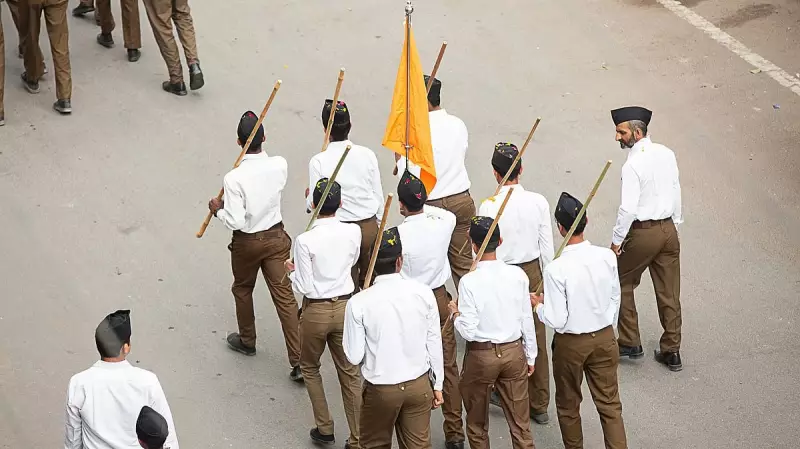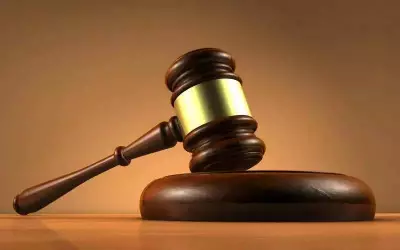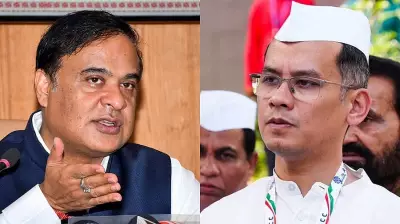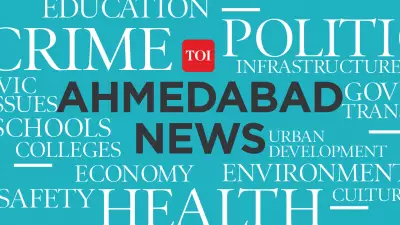
In a fresh twist to the ongoing legal saga, the Karnataka High Court has opened the door for the Rashtriya Swayamsevak Sangh (RSS) to make another attempt at securing permission for their proposed march in Chittapur. The division bench, comprising Justice B Veerappa and Justice K S Hemalekha, delivered this significant ruling that could reshape the organization's plans in the Kalaburagi district.
Court's Directive and Conditions
The High Court has clearly stipulated that the RSS must submit a fresh application to the concerned authorities, specifically addressing the Deputy Commissioner of Kalaburagi district. This move comes after previous attempts to obtain permission hit roadblocks, leading to the current legal confrontation.
The court emphasized that the authorities must consider this new application strictly on its merits, ensuring a fair evaluation process. This directive prevents officials from arbitrarily dismissing the request without proper examination of its contents and compliance with legal requirements.
Background of the Legal Conflict
The legal battle stems from the district administration's earlier decision to deny permission for the RSS march. Frustrated by this rejection, the organization turned to the judiciary, seeking intervention through a writ petition that challenged the administration's stance.
During the court proceedings, government advocates representing the state argued their position, while the RSS legal team, led by senior counsel Pramila Nesargi, presented their case for why the march should be permitted. The legal arguments centered around constitutional rights and the principles governing public gatherings.
What This Ruling Means
This development represents more than just a procedural victory for the RSS. It underscores the judiciary's role in ensuring that administrative decisions undergo proper scrutiny and that organizations have recourse when they believe their rights have been infringed.
The ruling also sets an important precedent for how similar cases might be handled in the future, particularly concerning permissions for public events and demonstrations across Karnataka.
Next Steps and Implications
With the court's permission secured, the RSS now faces the task of preparing and submitting a comprehensive application that addresses all potential concerns raised by authorities during previous evaluations. The organization's ability to present a compelling case in this fresh application will likely determine the final outcome.
Meanwhile, the district administration must prepare to evaluate the new application objectively, keeping in mind both security considerations and the constitutional rights of the applicants. This balancing act will require careful consideration of local conditions and potential implications for public order.
The situation continues to evolve, and all eyes remain on how both parties will navigate this next phase of the legal process.





